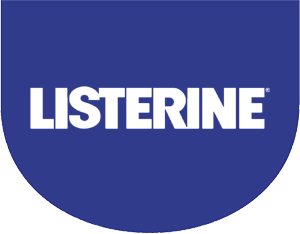Article
Oral cancer and its treatment can cause a variety of oral problems. Surgery and scarring may mutilate tissues – which can hamper function and cleaning the teeth. The patient may have complicated reconstructive structures that need special attention. Therapy-induced hyposalivation impedes salivary protection. Cytotoxic drugs affect both the local and systemic defensive factors leading easily to persistent or masked infections. Consequently, infections such as dental caries, gingivitis, candidosis and sialadenitis become issues.
Hence every effort should be focused on prevention. Daily self-care of oral hygiene is fundamental in maintaining satisfactory oral and dental health. In this, the cancer patient often needs hands-on advice regularly controlled by the dentist or dental hygienist. These patients also need frequent dental appointments based on their individual needs.
In caries prevention, intensive fluoride therapy together with dietary counselling is needed. Oral cancer patients also need to be frequently referred to dental hygienists for professional cleaning.
In oral candidosis, and in sialadenitis, the microbiological diagnosis must be confirmed before administration of antimicrobials in order to avoid selecting resistant strains.
Register now to continue reading
Thank you for visiting Dental Update and reading some of our resources. To read more, please register today. You’ll enjoy the following great benefits:
What's included
- Up to 2 free articles per month
- New content available

